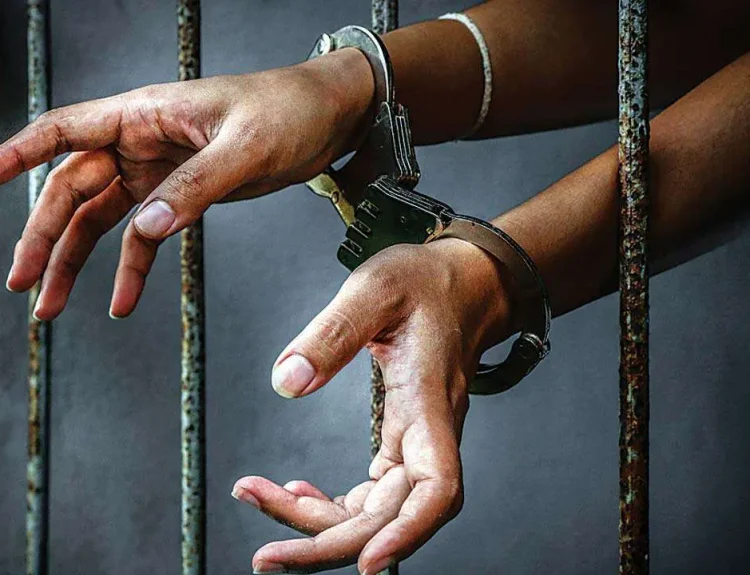Mr. Williams Shaibu, Director General, Kogi State Agency for the Control of AIDS (KOSACA), has expressed commitment of Kogi State Government to domesticate the anti HIV stigma law before December.
He disclosed this at the HIV/AIDS Stigma Clinic organised by AIDS Healthcare Foundation (AHF), in Kabba, Kogi State.
KOSACA DG, in his remark, expressed readiness of the agency to collaborate with AHF to convene stakeholders meeting which would review and arrest the ugly trend of HIV stigmatisation amongst participants at the Clinic.
“The HIV/AIDS Anti-Discrimination Act 2014 makes it illegal to discriminate against people based on their HIV status.
“It also prohibits any employer, individual or organization from requiring a person to take an HIV test as a precondition for employment or access to services,’’ he stated.
Dr. Echey Ijezie, Nigeria Country Program Director, AHF said that the AHF stigma clinic arose to ensure that the law protects the rights and dignity of People Living with HIV and AIDs (PLHIV).
He said the law was meant to have a broad impact on HIV prevention and treatment services and to guarantee a more supportive environment that allows PLHIV live as normal as possible.
“Testimonies shared during the stigma clinic suggest that much work was still needed to ensure that the rights of PLHIV are respected.
“The shades of reaction lend credence to the fear of HIV/AIDs still, which could be due to poor understanding of the disease process in the population, particularly among the healthcare providers,’’ he said.
Ijezie, added that the stigma clinic was a roving program in all AHF states which would build the necessary partnerships to stem the tide of stigma.
He said the clinic would also ensure that the anti-stigma law becomes operational to curb identified trends of stigma and to moderate institutionalised healthcare sector based HIV stigma and discrimination.
Mr Steve Aborisade, Advocacy and Marketing Manager, AHF, said stigma and discrimination experienced within the health sector represents one of the most inimical forms of institutional stigma, experienced by individuals at the stigma clinic.
He listed common discriminative acts among healthcare workers to include: denial of treatment, delivery of poor quality treatment and counselling services, segregation at healthcare facilities and lack of confidentiality.
Aborisade mentioned that stigma and discrimination are major obstacles to effective HIV and AIDs prevention and care in Nigeria.
According to him, `stigmatisation is driven by ignorance, fear, misinformation, and denial reinforced by our weak health systems and poor legal environment which hardly does anyone gets prosecuted for flouting the law.
He said AHF would publish a ‘Stigma Digest’ containing outcomes of the stigma clinic experiences which would be distributed to stakeholders as resource material to aid further programming and support of PLHIV.
Mr. Oyiza Audu, Kogi State Secretary, Network of People Living with HIV (NEPWHAN) expressed sense of isolation, loneliness, low self-esteem and helplessness that PLHIV feel in living with the disease because of stigma.
According to him, ‘‘It usually results in lack of motivation to practice prevention by individuals’’.





2 Comments